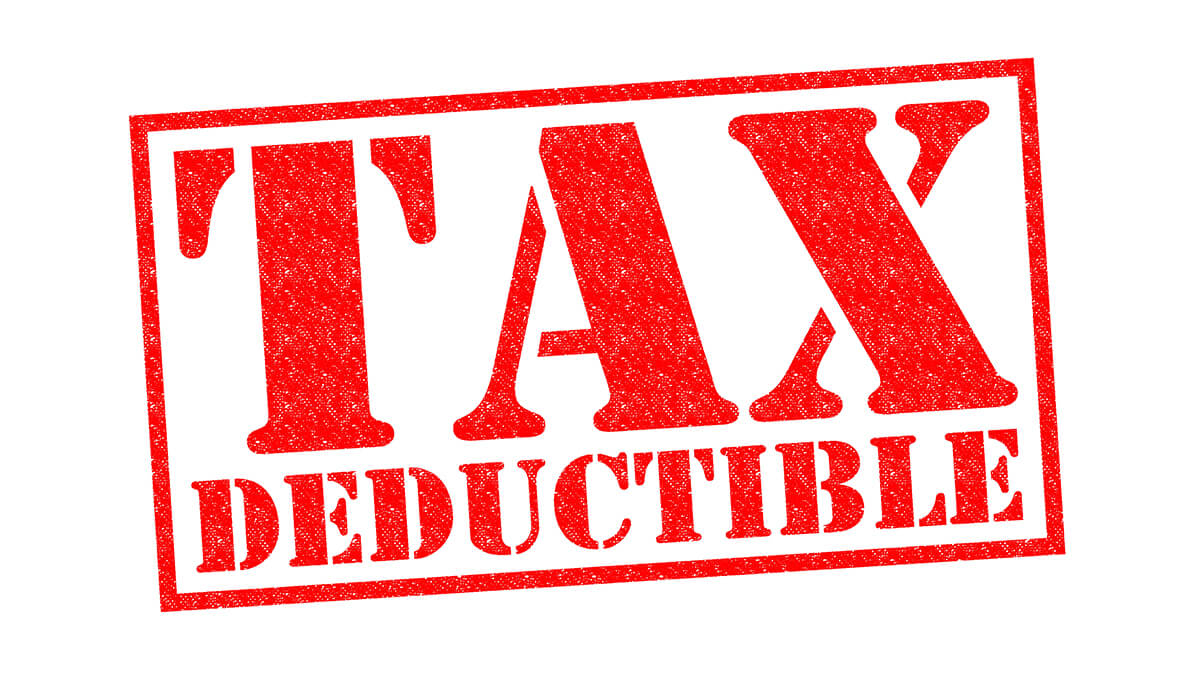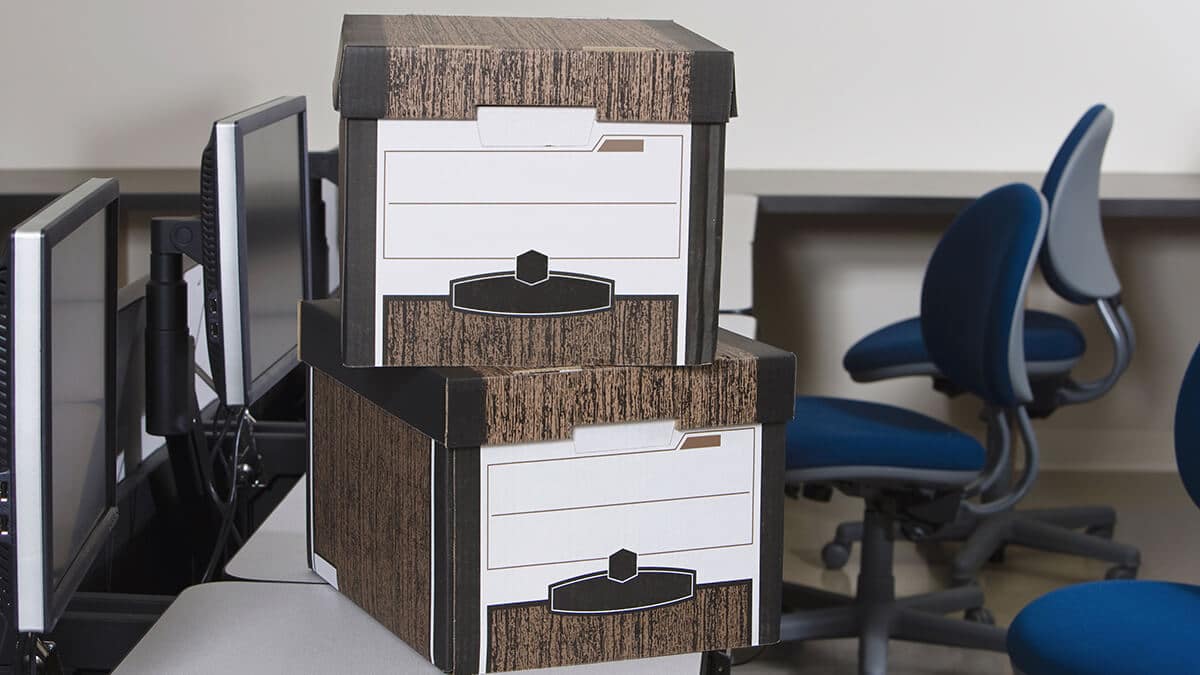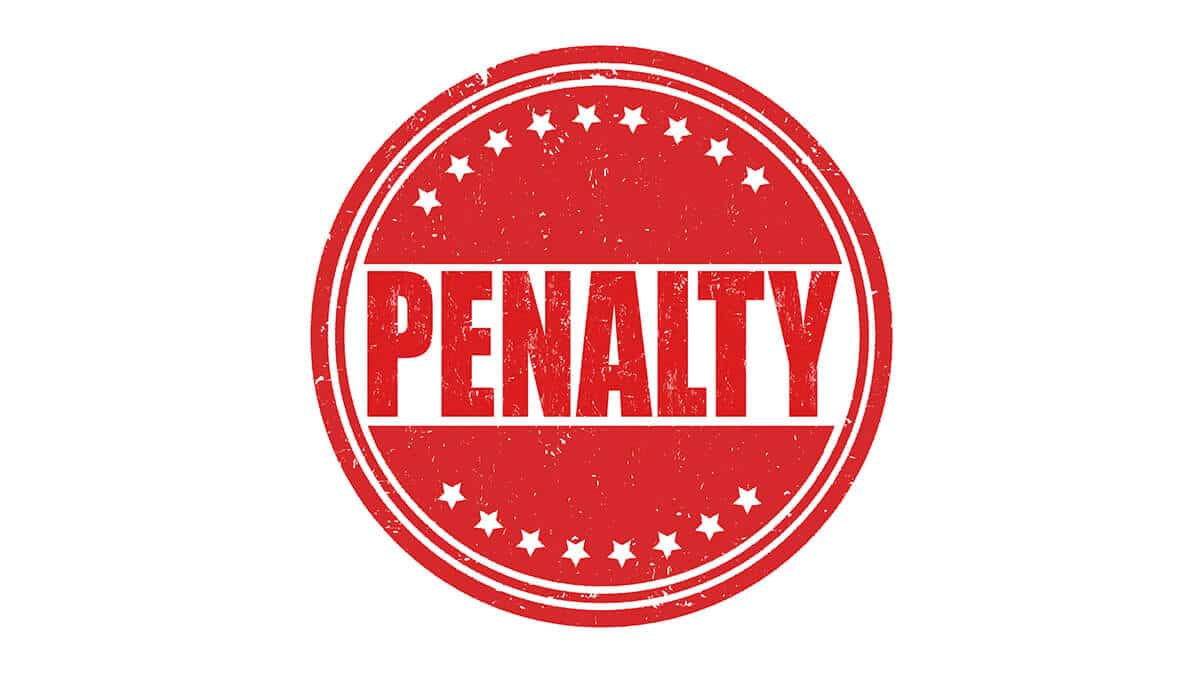In this guide
If you’re an employer, keeping good records about the Superannuation Guarantee (SG) contributions you make on behalf of your employees is essential.
Like most business records, you must maintain detailed information about all the super contribution payments you make and their supporting calculations if you don’t want to run into problems with the ATO down the track.
What are the basics of business record-keeping?
A business record is all about recording, managing and substantiating any transaction conducted by your business.
It’s the same with the super and tax-related transactions you completed to meet your legal obligations to your employees.







